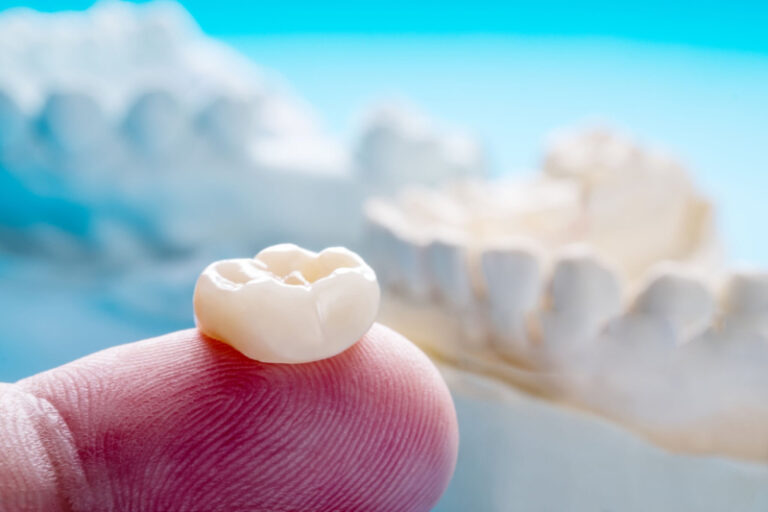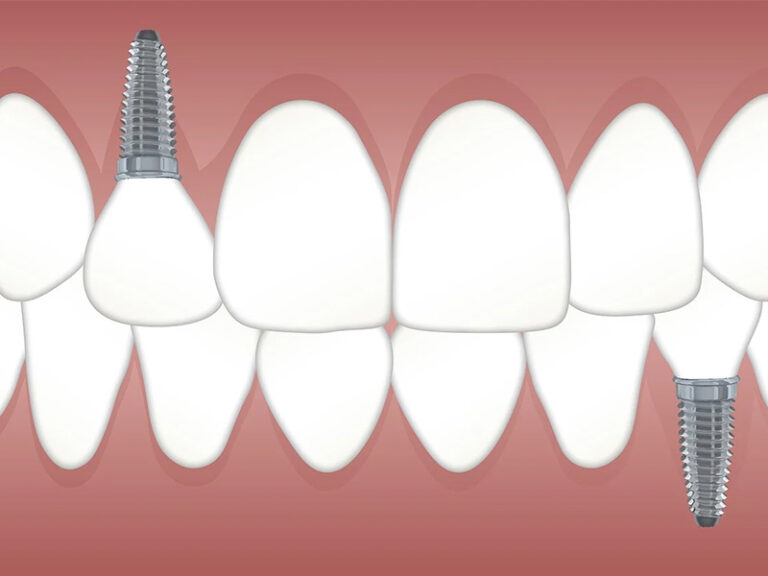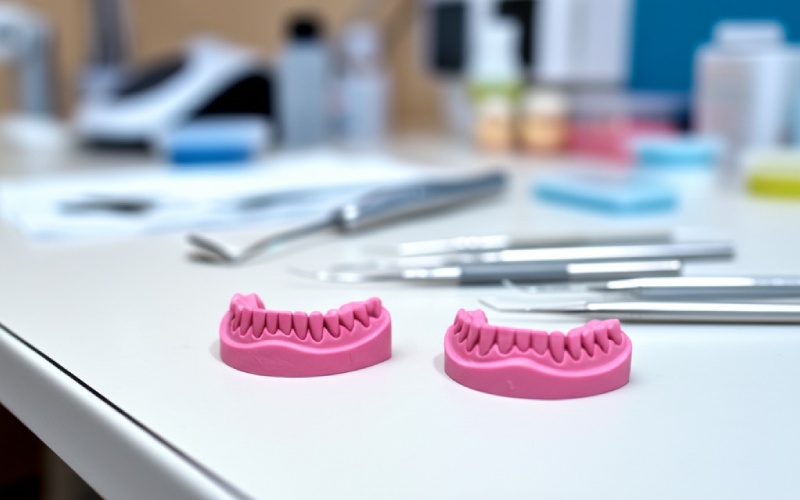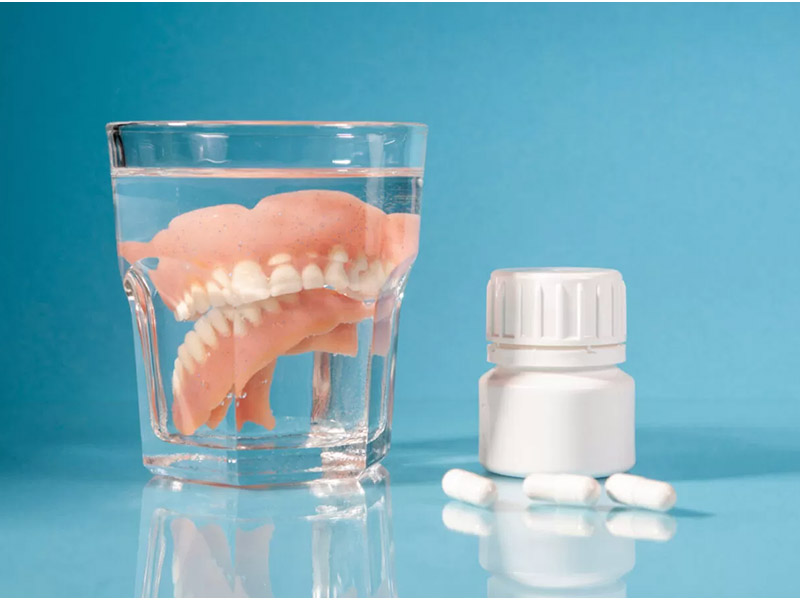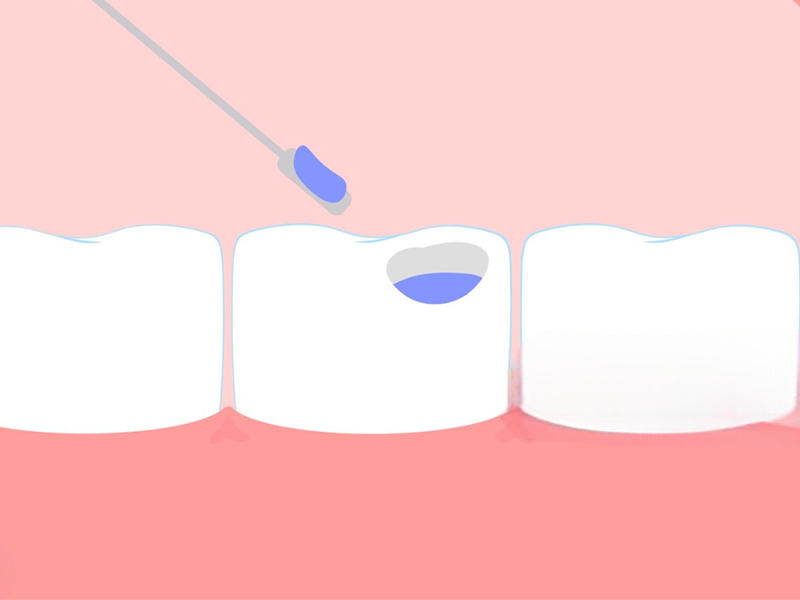
Protect Your Teeth: The Ultimate Guide to Dental Sealants for Optimal Oral Health
Table of Contents
What Are Dental Sealants?
Dental sealants are thin plastic coatings. They go on the tops of teeth. These tops have deep grooves. Food and germs can get stuck in these spots. Sealants keep teeth safe from tooth decay.
Think of sealants like raincoats for your teeth! They block food debris and stop plaque from making holes in teeth.
There are two kinds of sealants:
- Composite resin sealants (last longer)
- Glass ionomer sealants (good for some teeth)
The American Dental Association (ADA) says sealants are very good for keeping teeth healthy! They help you not get cavities.
Who Needs Dental Sealants?
Kids between 6-14 years old need sealants the most. This is when their permanent molars come in. These teeth have lots of deep grooves where food gets stuck.
But adults can get them too! If you have teeth that might get cavities, sealants can help.
You might need sealants if you:
- Have deep pits in your teeth
- Eat lots of sweet foods
- Don’t like to brush
- Have had cavities before
- Have a dry mouth
The CDC found that kids without sealants get three times more cavities than kids with them!
The Sealant Procedure: Step-by-Step
Getting sealants is fast and does not hurt! Here’s what happens:
- The dental hygienist cleans your tooth
- They dry the tooth with cotton
- They put on a special gel to make the tooth a bit rough
- They wash off the gel and dry the tooth
- They paint on the sealant liquid
- They shine a blue light to make it hard
The whole thing takes about 5–10 minutes per tooth. No shots or drills are used! It is a pain-free dental procedure.
Your tooth might feel a bit different after, but you get used to it fast!
Benefits of Dental Sealants
Dental sealants help in so many ways:
| Benefit | Facts |
|---|---|
| Stop Cavities | Cut decay risk by 80% for 2 years |
| Save Money | Much cheaper than fillings |
| Last Long | Work for 5-10 years |
| No Pain | No shots or drilling |
| Quick | Takes just minutes |
| Safe | No bad side effects |
One school study showed kids with sealants had 60% fewer cavities after 5 years!
Dental Sealants vs. Fluoride: Which Is Better?
Both dental sealants and fluoride treatment help keep teeth safe. But they work in different ways.
Fluoride makes teeth strong all over. It helps fix tiny spots starting to get weak.
Sealants are like shields that block germs and food from getting stuck in the grooves.
The best plan? Use both! The CDC says using sealants plus fluoride helps 30% more than just fluoride by itself.
Like custom dental whitening plates, both tools help keep your smile looking great!
Safety Concerns Addressed
Some folks worry about BPA in sealants. BPA is a chemical that some think might be bad.
Good news! Today’s sealants are BPA-free or have such tiny amounts that they’re safe. The ADA says the amount is way less than what we get from air, food, and water each day.
A big study by NYU found no bad BPA levels in blood after putting in sealants.
Dental sealants are safe for:
- Kids
- Teens
- Adults
- Folks with most allergies (but tell your dentist if you have any)

Cost & Insurance Coverage
Dental sealants cost about $30–$60 per tooth without insurance. That’s much less than what you’d pay to fix a cavity!
Good news! Many dental plans pay for sealants, especially for kids. They see it as preventive dentistry.
| Payment Type | Coverage |
|---|---|
| Private Insurance | Often covers 100% for kids |
| Medicaid/CHIP | Covers for most kids |
| School Programs | Free in some places |
| No Insurance | Ask about payment plans |
School sealant programs save about $6.70 in dental costs per child over 4 years!
For adults, check if your plan covers sealants like they do for custom hard night guards.
Aftercare & Maintenance
Taking care of your dental sealants is easy! Just:
- Brush twice a day
- Floss once daily
- Avoid chewing ice or very hard candy
- Get check-ups twice a year
For the first day after getting sealants:
- Don’t eat very sticky foods
- Don’t chew gum
- Wait an hour before eating
Sealants can last 5-10 years if you take good care of them! Your dentist will check them at each visit.
Alternatives to Sealants
If you can’t get dental sealants, there are other ways to help your teeth:
- Fluoride varnish painted on teeth
- Silver diamine fluoride for high-risk spots
- Extra good brushing and flossing
- Less sugary snacks and drinks
- More water drinking
But none work as well as sealants for deep grooves in teeth.
Like choosing between soft night guards and hard ones, your dentist will help you pick what’s best for your needs.
Common Questions About Dental Sealants
Can adults get sealants?
Yes! Adults can get sealants if they have deep grooves in teeth or get lots of cavities.
Do sealants hurt?
No! Getting sealants doesn’t hurt. No shots or drilling needed.
How long do sealants last?
5-10 years with good care. Your dentist will check them at visits.
Will my insurance pay for sealants?
Maybe! Most dental plans cover sealants for kids. Some cover adults too. Call and ask!
Can sealants be put over small cavities?
Sometimes. New glass ionomer sealants can stop very small cavities from getting worse.
Do sealants look weird?
No! They are clear or tooth-colored. Most people can’t see them at all.
Who Should Consider Dental Sealants?
Dental sealants are great for:
- Kids when their permanent molars come in (ages 6 and 12)
- Teens who still have deep grooves in teeth
- Adults with deep grooves or who get lots of cavities
- Anyone told they have high cavity risk
- People with dry mouth problems
- People who find it hard to brush well
The World Health Organization (WHO) says sealants are one of the best ways to stop cavities!
Real Success Stories
In Texas, a school sealant program found kids with sealed molars had 60% fewer cavities after 5 years than kids without them.
A study in Australia showed glass ionomer sealants cut decay by 38% in kids who had less access to care.
Conclusion
Dental sealants are a fast, pain-free way to keep teeth safe from cavities. They work really well, last a long time, and don’t cost much.
Kids should get them when their big back teeth come in. But adults can get them too if they need extra help.
Talk to your dentist about sealants at your next check-up! Your teeth will thank you.
Key Things to Remember:
- Sealants block 80% of cavities for 2+ years
- They’re quick and don’t hurt
- They cost less than fixing cavities
- Most kids’ insurance plans cover them
- They’re safe for all ages
- They work best with good brushing and flossing too
Protect your smile today with dental sealants!

